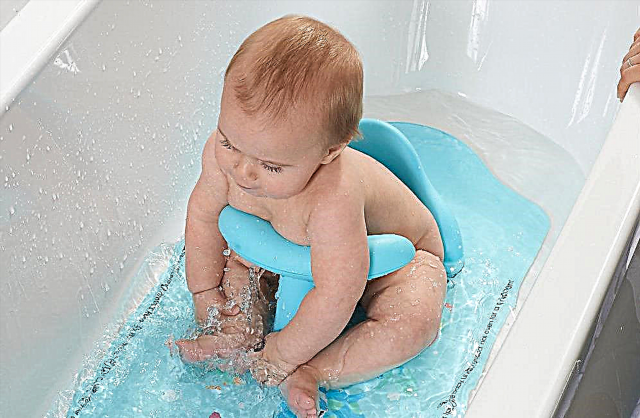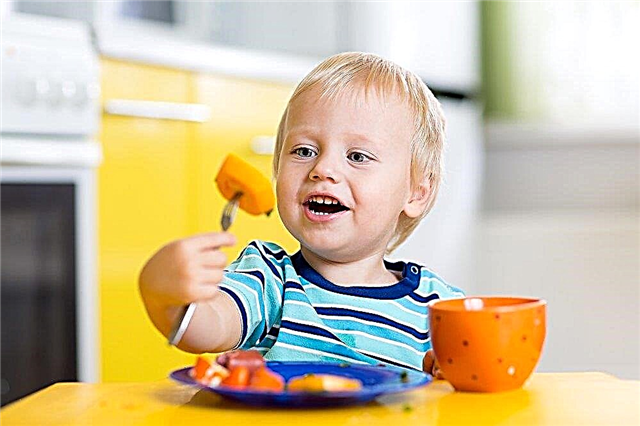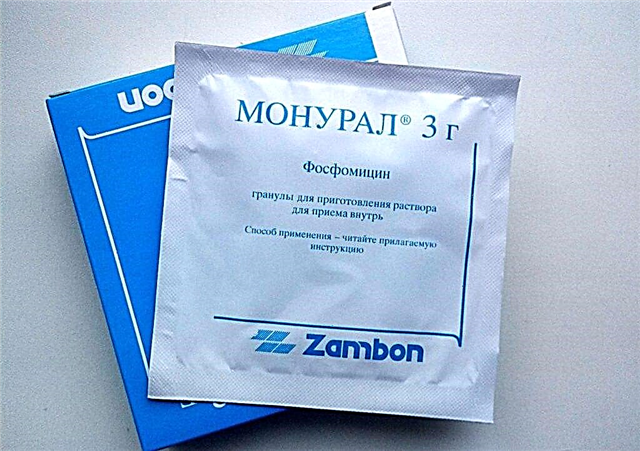The intestinal microflora affects the well-being of the child, the state of his immune system. It is important that the number of beneficial bacteria exceeds the number of pathogenic microbes. Otherwise, the work of the intestines is upset, which ultimately can affect the functioning of the digestive tract as a whole, lead to skin problems, and provoke allergic reactions.

Child
When microflora is restored
Normally, the intestines are inhabited by beneficial and opportunistic microorganisms. The latter are in the minority and are not able to have a significant effect on digestion and immunity. When the composition of the microflora is disturbed, dangerous bacteria begin to multiply intensively, and a number of important functions of the digestive system are lost.
Beneficial bacteria are involved in digestion, protect against the action of microbes and toxins, help the immune system defend itself against infections, and stimulate its work. Therefore, when they are in the minority, the well-being of the child suffers. To help the baby get rid of unpleasant symptoms, it is necessary to restore the beneficial microflora, to ensure its numerical superiority.
Dysbiosis reasons
When the balance between non-pathogenic and harmful bacteria is disturbed in the body, they talk about dysbiosis, among the causes of which there are:
- antibacterial therapy;
- infectious diseases;
- exacerbation of chronic somatic pathologies.
Note. The risk of developing dysbiosis increases in babies born prematurely, in children who are bottle-fed.
Signs of microflora disorders
Dysbacteriosis is explained by a violation of the ratio between the bacteria that colonize the intestine. Therefore, its symptoms are associated with malfunctions in the gastrointestinal tract.
Gassing
With flatulence, the baby's belly becomes hard. Gaziks that accumulate after feeding press on the intestinal walls, causing pain to the baby, they interfere with the absorption of food, making it difficult for the digestive tract to function. The child is upset with sleep, he cries loudly. At the same time, the baby blushes, pushes, pulls the legs to the stomach, as if trying to curl up in a ball to get rid of unpleasant sensations.
Stool disorder
Dysbacteriosis can manifest itself as constipation and diarrhea. Both conditions cause significant discomfort to the baby. Long-term retention of feces can lead to intoxication of the body, diarrhea is dangerous by the development of dehydration.
Rumbling in the stomach
If, after eating, the crumbs growl in the stomach, usually this indicates that the digestive process is in an active stage. The walls of the intestines and stomach begin to contract, which causes sound to be produced.

The child's stomach growls
Note! The main thing is that the baby's appetite does not suffer, and he gains pounds. When other problems with the digestive system are added to the rumbling, it may indicate dysbiosis.
Nausea
If the number of harmful microorganisms exceeds the number of bifido - and lactobacilli, the child may often begin to regurgitate. Also, one of the signs of dysbiosis is nausea, often ending in vomiting.
There is nothing wrong if a child spits up before a year. The main thing is that this does not happen constantly, and the volume of undigested food does not exceed 2 tablespoons. Even if the baby vomits a fountain once a day, there is usually no reason to panic. You need to pay attention to the general condition of the baby and other changes.
Abdominal pain
Almost a third of babies suffer from colic. They are usually accompanied by pain in the abdomen. They occur in the evening and begin after feeding. The baby refuses milk or mixture, shouts. However, if anxiety manifests itself during the day, the baby does not gain pounds, does not sleep well at any time of the day, most likely, it is not only colic.

Restless child
Diagnostics
Before you start restoring the intestinal microflora in a child, you need to make sure that this is really required. For this, the doctor prescribes a number of studies to assess the functioning of the digestive system.
Sowing feces
Usually, stool culture is used to diagnose dysbiosis. The analysis allows you to find out only about those microorganisms that live in the large intestine. In addition, it identifies about 10 types of microbes, when in fact there may be more than 1000.
Note! The research result cannot be called reliable if the material does not reach the laboratory within 2 hours after collection.
Scraping of the jejunum
Bacteriological examination of jejunal scraping allows you to establish which microorganisms inhabit the middle section of the small intestine. This method is used in extreme cases, after endoscopic procedures.
Gas-liquid research
Biochemical analysis makes it possible to determine the presence of organic acids and assess their volume. They are the waste products of microorganisms. It turns out that their presence and number can be assumed based on the results of the study.
Coprogram
A general fecal analysis, or coprogram, is usually prescribed immediately when there is a suspicion of a problem with bowel function. It allows you to understand how food is absorbed and digested, whether there are inflammatory processes, whether there are any disruptions in the work of the enzymatic system. Dysbacteriosis is indicated by yeast-like fungi, which should not normally be present.
Stool biochemistry
When an imbalance between good and bad bacteria is detected, certain enzymes are produced that are not found in the absence of digestive problems. Having received the result, the doctor will notice the deviations.
Drugs for treatment
For the intestinal microflora, a child is often prescribed drugs that include live bacteria that are not pathogenic for the body. To increase their activity, prebiotics are also recommended. These are the main agents recognized as effective in the fight against dysbiosis in children.
In addition, with an imbalance between beneficial and pathogenic bacteria that colonize the intestine, accompanied by indigestion, appoint:
- bacteriophages that prevent dangerous microorganisms from multiplying;
- enzymes that help facilitate the digestion of food;
- drugs that help to improve intestinal and stomach motility;
- sorbents that bind harmful substances, toxins and promote their elimination.
Note! How best to restore the intestinal microflora in a child, the doctor decides after examining the baby and conducting research. It is not recommended to use drugs on your own, even if they are food additives.

Child at the doctor
Usually, when a child becomes seriously ill, the doctor will prescribe antibiotics. Only a specialist can understand whether there is a need for this in this case. The doctor needs to look at the result of a general blood test, sometimes it is enough to examine the baby. When prescribing medications, the doctor will tell you what to give the child with antibiotics for the microflora, so that the baby recovers faster from the illness, and there are no complications.
Probiotics
Probiotics containing live microorganisms help restore the number of beneficial bacteria. A kid can get them by using:
- kefir;
- yogurt;
- cottage cheese.
Thanks to them, the body is not only populated with the necessary bifido - and lactobacilli, but also increases its ability to resist infections.

Kid eats dairy products
Prebiotics
The doctor can confirm that prebiotics should be given to the child along with antibiotics and live bacteria. It is food for beneficial microbiota, allowing it to multiply and suppress the growth of disease-causing bacteria. In the intestine, these substances are not absorbed, not digested, they can only be processed by microorganisms for which they are intended.
Prebiotics are found in the following foods:
- bow;
- garlic;
- savoy cabbage;
- legumes;
- bananas;
- watermelon;
- oats.
Symbiotics
Symbiotics will help improve the functioning of the digestive system. This is a complex containing bacteria and food for them at once. It is believed that using them will lead to positive changes faster.
Note! There are no products containing both pro and prebiotics; you can get them immediately by taking medications or food supplements.
A good way to prevent intestinal dysbiosis is proper nutrition; for babies, natural feeding is a prerequisite. Thanks to him, the baby receives nutrients, vitamins and minerals necessary for balanced growth and development. It is recommended to feed the baby with breast milk for at least 6 months. For any digestive disorders, you need to contact a pediatrician without self-medication.



